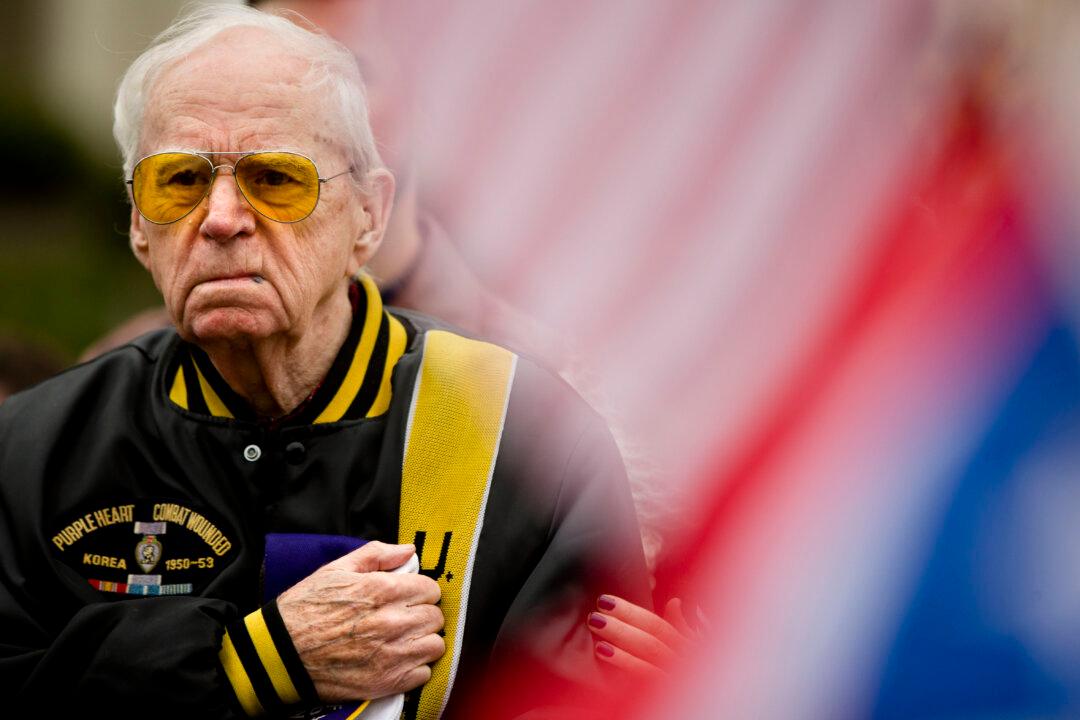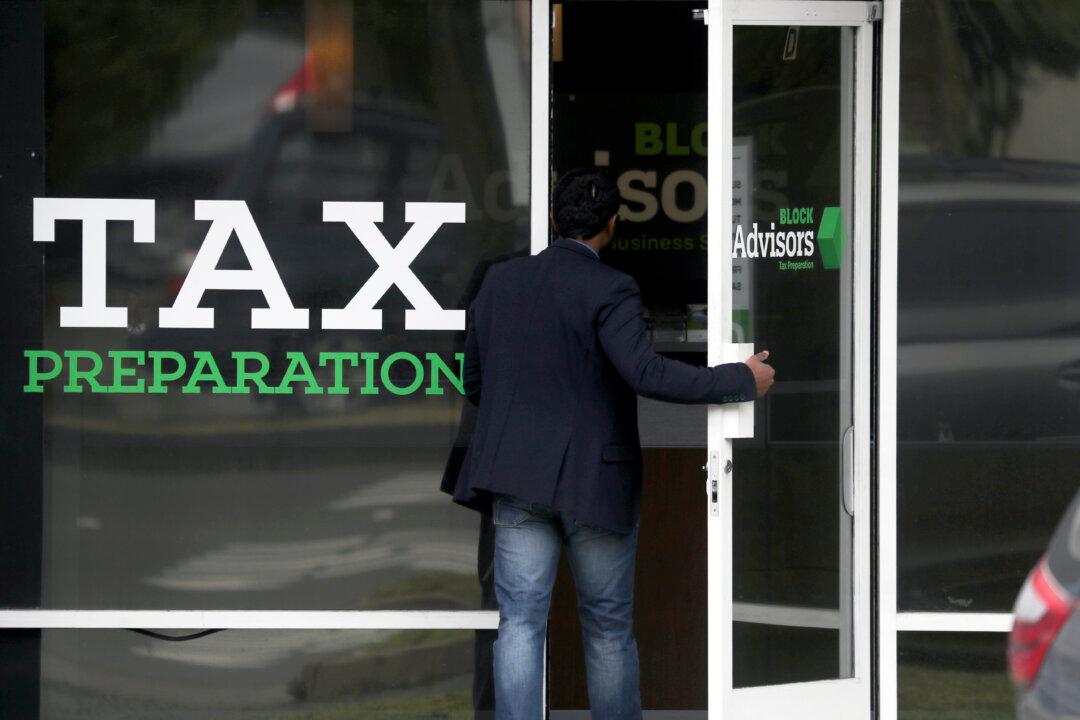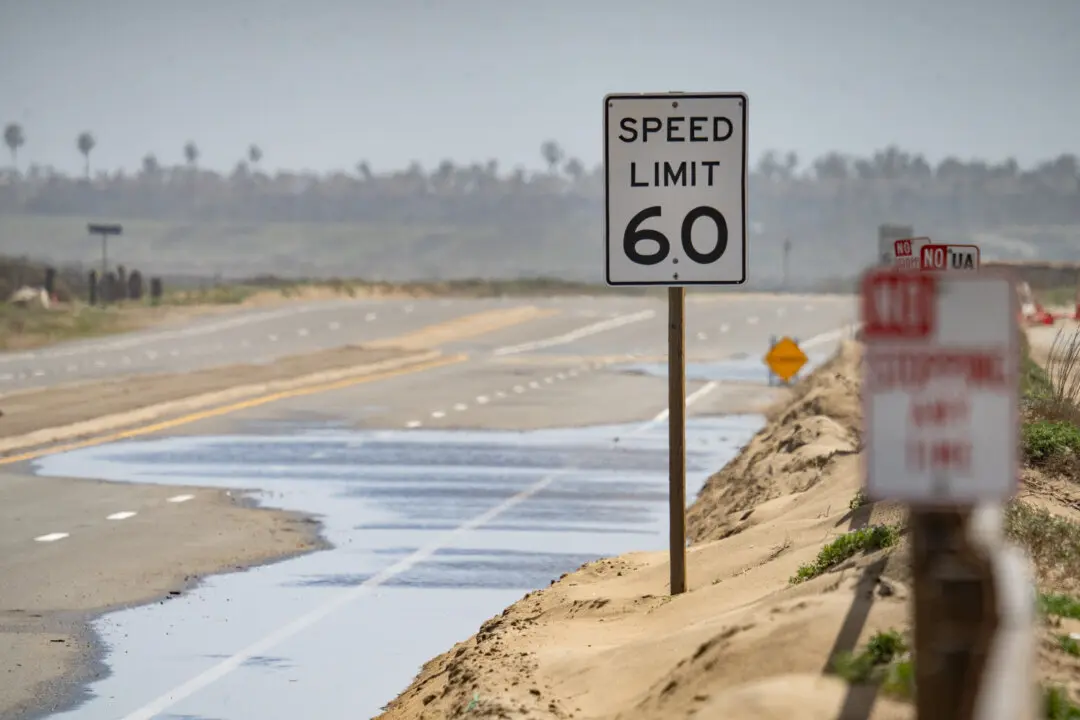SACRAMENTO—California Department of Veterans Affairs (CalVet) is in a legal battle over free speech and religion and attempting to evict an elder resident of the Veterans Home.
Artis Breau, an 84-year-old widow was reportedly threatened to be evicted over a dispute regarding her longtime Bible study.





